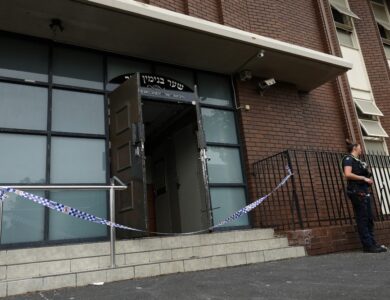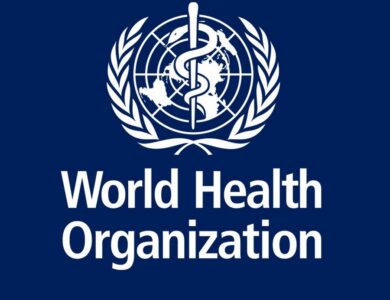One Year After Hamas Attack: Israel’s Resurgence Shakes the Region

On October 7, 2023, Israel experienced what has been described as the darkest day in its modern history when a massive Hamas surprise attack killed over 1,200 civilians and took hundreds of hostages. This assault deeply humiliated Israel’s intelligence and military systems. However, one year later, Israel has made a significant comeback with victories that have revived Prime Minister Benjamin Netanyahu’s standing and severely damaged Israel’s key adversaries — Hamas, Hezbollah, and Iran.
Hamas did achieve a notable political win by bringing the Palestinian cause back into the global spotlight with its brutal attack. But this victory has since been overshadowed by Israel’s resurgence, turning the tables on its enemies. Despite international criticisms, Israel has taken advantage of the situation to reshape the region’s strategic balance.
Netanyahu, during a visit to Israeli troops on the Lebanese border, emphasized that Israel had transformed the situation over the past year. He praised the military’s efforts, stating that their blows against the enemy had left the world in awe.
The year following the attack has been catastrophic for Israel’s adversaries. Hamas, once a significant military force in Gaza, has been severely weakened, with many of its top leaders killed. Hezbollah’s leadership, including Hassan Nasrallah, has also suffered significant losses due to targeted Israeli strikes. Meanwhile, Iran, which denies prior knowledge of the October 7 attacks, has faced mounting setbacks, including the deaths of key commanders and failures in missile attacks against Israel.
Analysts have noted that Israel’s successful assassination of Hezbollah’s senior leaders has left Iran and its “axis of resistance” vulnerable. Michael Doran from the Heritage Foundation observed that Iran now stands exposed before Israeli power in a way that was unimaginable a few months ago. Israel’s military and intelligence actions have shifted the power dynamics in the region, leaving Tehran with fewer options.
However, this period has not been without challenges for Israel. The Hamas attack revealed significant vulnerabilities in the nation’s defense, and criticism has mounted over the continued captivity of some 100 hostages. Additionally, unrest in the Palestinian Authority-controlled West Bank has escalated, with Israel carrying out its first airstrike in the region since the Second Intifada, killing 18 Palestinians.
The diplomatic consequences of Israel’s retaliatory actions have been significant. While Israel’s strikes against Gaza have killed large numbers of civilians, drawing criticism, the country has pressed forward. The United Nations has voiced opposition, particularly after an Israeli attack on a food-aid convoy in August. Israel declared U.N. Secretary-General Antonio Guterres persona non grata for his comments.
Relations with Washington have also been strained, with President Biden expressing frustration over Israel’s refusal to engage in diplomatic efforts for a cease-fire and prisoner exchange. Many believe Israel’s campaign against Hezbollah has permanently hindered hopes for a diplomatic resolution.
Despite these challenges, the long-term consequences of the ongoing conflict remain unclear. While Israel has achieved short-term military successes, the broader strategic landscape is uncertain. Experts warn that without a political solution to the Palestinian issue, the current conflict may simply lay the groundwork for the next generation of militant groups like Hamas or Islamic Jihad, perpetuating the cycle of violence in the region.








